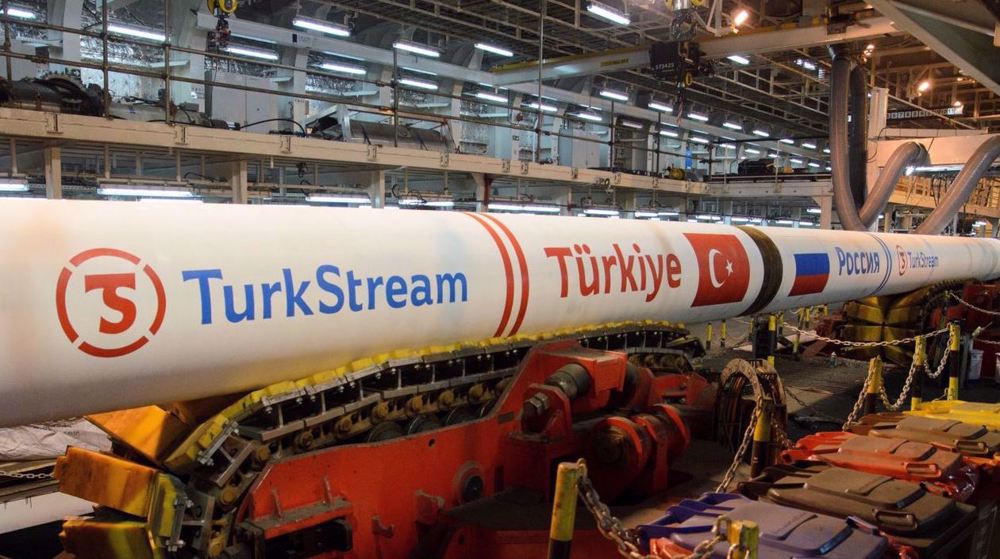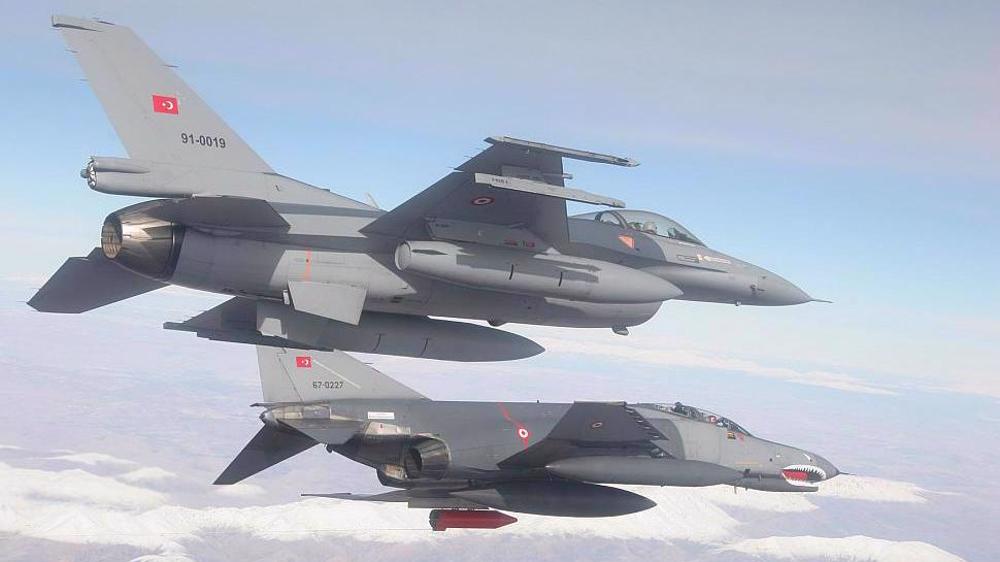Attempted Turkey coup falters, government reasserting control
An attempted coup in Turkey was faltering on Saturday, hours after a faction of the military used tanks and helicopters in an ill-fated attempt to end the rule of President Recep Tayyip Erdogan and Prime Minister Binali Yildirim.
Erdogan and Yildirim appeared on television soon after the coup was launched, declaring an early end to the putsch.
However, gunfire, bomb explosions and military airstrikes continued in the capital, Ankara, despite repeated statements by government officials that the coup had been “repelled.”
Gradually, though, government forces seemed to be regaining control and pockets of rebel soldiers started surrendering.
Reports indicate that fighting continues in Ankara even as the government has achieved the upper hand.
Erdogan, who had been flown out of the capital to Istanbul, on Friday urged his supporters to pour out onto the streets to stop the coup. On Saturday, he urged them to remain on the streets until the situation normalizes.

Earlier, AFP cited NTV television as saying on Saturday that a fighter jet dropped bombs near the Turkish presidential palace in Ankara. Plumes of black smoke were seen rising over the Bestepe district, where the palace is located, according to the TV.
A presidential source said Turkish F-16s were launching airstrikes against tanks outside the palace.
Reuters cited CNN Turk as saying on Saturday that Turkish authorities shot down a military helicopter firing on the offices of state satellite operator Turksat.
A senior official said Turkish military headquarters were now held by pro-government forces, but small groups of rebel soldiers were still resisting.
A second official said 29 colonels and five generals were removed from posts in the military amid the coup attempt.
A Turkish intelligence source told Reuters on Saturday that Turkey’s intelligence agency headquarters were attacked by military helicopters and heavy machine gun fire during the attempted military coup overnight, wounding at least three people.
The head of the agency, Hakan Fidan, was at a secure location throughout the events and was in constant contact with President Erdogan and Prime Minister Yildirim, the source said.
The intelligence agency was still working with the armed forces, the police and the government against the coup plotters in ongoing operations in Istanbul and Ankara in particular, the source said.
A coup begins
It all began when a faction of the Turkish military declared in a statement last night that it had fully seized control of the country and that Erdogan and Yildirim were no more in charge.
A group calling itself the “Council for Peace in the Homeland” declared martial law and a curfew in the statement.
Turkey’s state-run Anadolu Agency reported a bomb explosion at the parliament building shortly afterwards.

Soldiers and tanks took to the streets late on Friday and multiple explosions rang out throughout the night in Ankara and Istanbul, the two biggest cities of the strategic NATO member country.
Gunfire could be heard across the capital as military warplanes and helicopters were flying low over the city.
Commanders taken hostage
Meanwhile, Turkish military chief of staff, General Hulusi Akar, who was reported earlier to have been taken hostage by the coup plotters, has been rescued, a senior official said.
Prime Minister Yildirim had appointed General Umit Dundar, the commander of the First Army, as the acting chief of military staff to cover Akar while his whereabouts where still unknown.
Dundar said later on Saturday that many military commanders have been taken hostage by rebel soldiers, raising the prospect of continued drama in the country.
Casualties
As the situation seemed to calm down, Prime Minister Yildirim appeared outside his Cankaya palace in Ankara to brief reporters on Saturday, saying that 161 people were killed in the coup attempt against the government. He said 2,839 soldiers were now detained on suspicion of involvement in the putsch.
The toll 161 did not include the assailants, he emphasized. Dundar had earlier said 104 putschists had been killed.
Yildirim said some 20 individuals involved in planning the coup had also been killed and 30 others wounded. It was not clear if the 20 coup plotters were part of the figure 161 or if the larger toll was that of civilians and police who fought the putschists.
Yildirim did not provide any information on the state of the commanders who are said to have been taken hostage. Akar, the Turkish military chief of staff, was standing beside him during the briefing.
Early statements of coup failure
On Saturday morning, the Turkish National Intelligence Organization (MIT) said the coup attempt in the country has been “repelled” and the situation has been restored to “normal.”
Prime Minister Yildirim also announced in the early hours of Saturday morning that the situation was largely under control and that a no-fly zone was imposed over Ankara.
Uncertainty
“Normal,” however, did not seem at first to explain the situation in the country correctly.
A senior Turkish official, whose name was not mentioned in the reports, said bomb attacks continued on the parliament building in Ankara.

The official added that rebel soldiers were warned they would be shot down if they attempted to use more military aircraft.
Who’s to blame?
There are conflicting reports about who exactly the coup plotters were. Factions of the military apparently took on each other during the attempt.
In his Saturday remarks in Ankara, Yildirim accused the US-based cleric Fetullah Gulen of being responsible for the coup attempt.
Gulen, once Erdogan’s mentor, is now his perceived enemy number one.
However, Gulen himself has said he had nothing to do with the putsch and strongly condemned it in a statement on Saturday.
“As someone who suffered under multiple military coups during the past five decades, it is especially insulting to be accused of having any link to such an attempt. I categorically deny such accusations,” Gulen said in a brief statement just before midnight Friday.
A group affiliated with the opposition Gulen Movement had condemned the coup attempt against the Turkish government earlier.
UK nurses say patients dying in hospital corridors
Hamas: Continuing Israeli strikes endanger captives held in Gaza
VIDEO | Strip filled with joy upon deal announcement
Dozens of Palestinians killed in Israeli strikes since ceasefire deal
Top general: Enemy dares not cast hostile glance at Iran
South Korean president skips questioning for second day after arrest
IRGC captures 15 terrorists during drills in southeast Iran
Bright prospects of Iran’s energy portfolio










 This makes it easy to access the Press TV website
This makes it easy to access the Press TV website